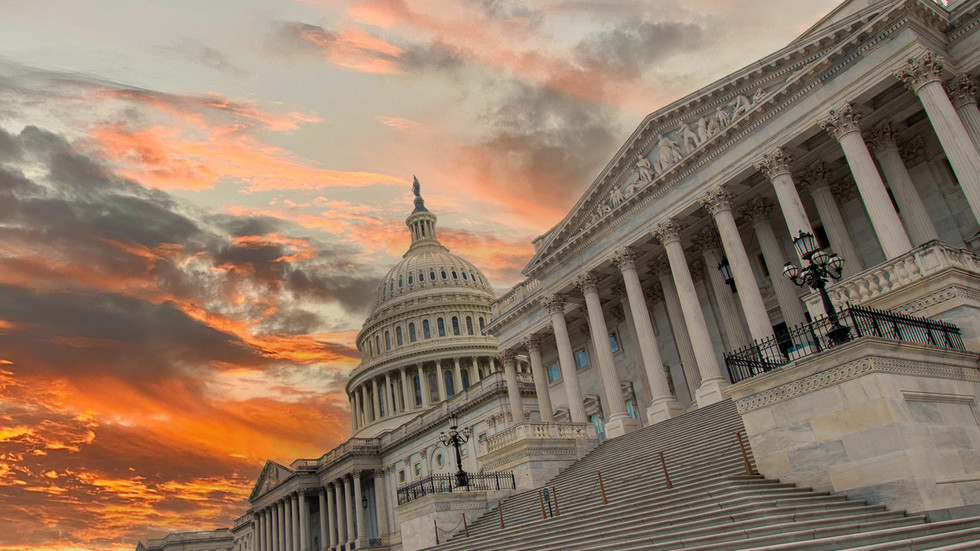
Soaring national debt in developed countries could trigger a new global financial crisis, economists warn

© Getty Images / Douglas Rissing
The uncontrolled accumulation of debt by Western countries, along with social spending and rising climate-change costs, are increasing the risk of a new global financial crisis in developed economies, Reuters reported on Monday.
Global debt surged by $10 trillion to a record $307 trillion in the first half of the year, with wealthy countries accounting for more than 80% of that increase, the outlet said, citing the Institute of International Finance. State borrowing is near or higher than 100% of output in Britain, the US and Italy.
The United States, which avoided a default after reaching its debt limit this year, as well as Italy and the UK are now of primary concern, according to more than 20 prominent economists, investors and former policymakers polled by Reuters.
The US national debt surged by more than $500 billion in just 20 days to reach $33.5 trillion, according to data provided by the Treasury Department last week.
“You can take many, many countries today, and you will see that we are not far away from a public finances crisis,” said Peter Praet, former chief economist at the European Central Bank.
Adding to the pressure, interest payments on debts are surging, lifted by higher rates.
The current “fragile” economic environment with rising borrowing costs and dwindling central bank support is putting developed countries on the brink of a market rout, economists suggest.

“If you have an accident, or a combination of events, then you go into an adverse, non-linear, dynamic sort of process. That is something which is a real possibility,” Praet warned.
Government borrowing in Italy exceeded $3 trillion in July, making it the most indebted country in the Eurozone after Greece, and one of the most highly indebted nations in the world. Its debt risk premium surged in October as Rome cut growth and increased budget deficit forecasts.
Longer term, “government debt trajectories pose the biggest threat to macroeconomic and financial stability,” said Claudio Borio, head of the Bank for International Settlements’ monetary and economic department.
Investors are worried about “uncomfortable” debt levels and claim that a lack of credibility towards governments’ spending strategies could trigger market turmoil, while the ongoing conflicts in Ukraine and the Middle East could further exacerbate challenges already facing the global economy.
For more stories on economy & finance visit RT’s business section




